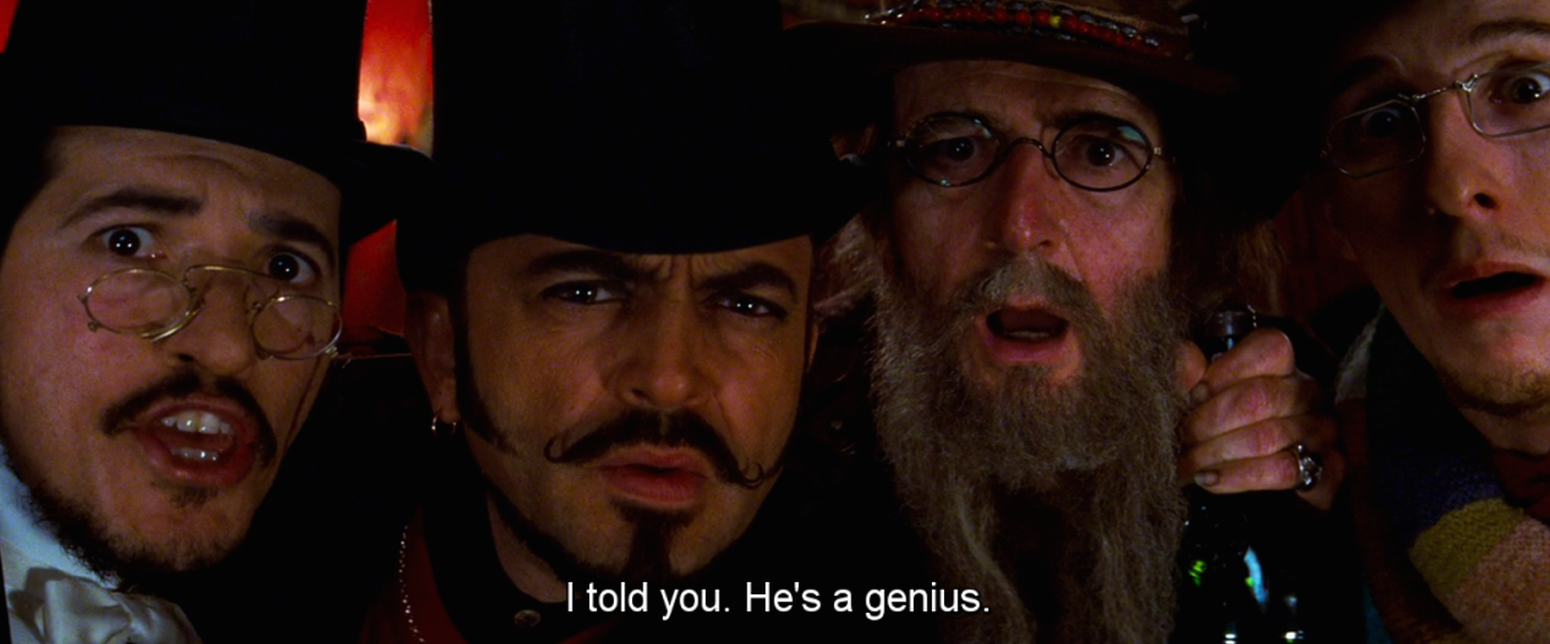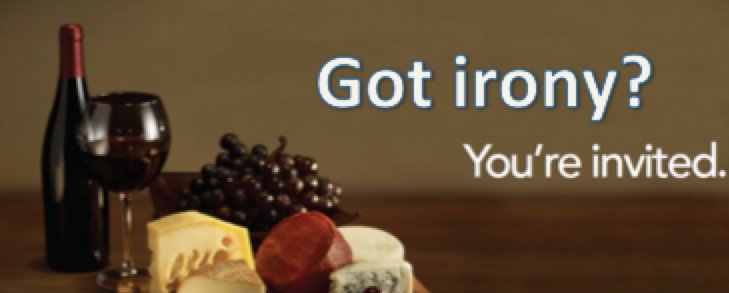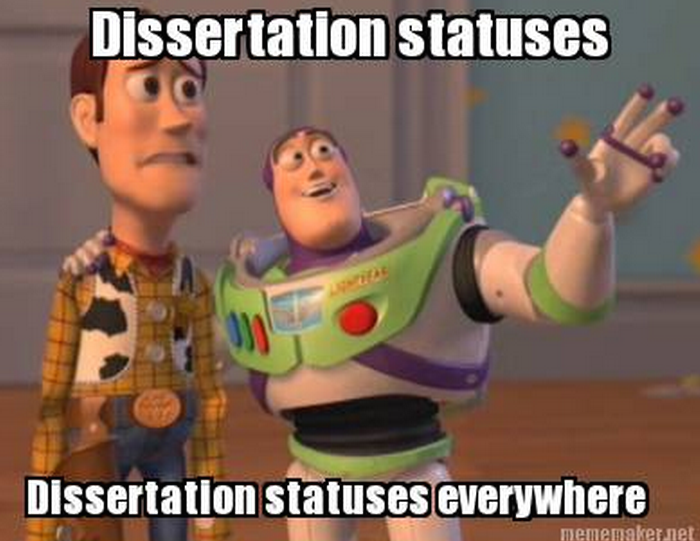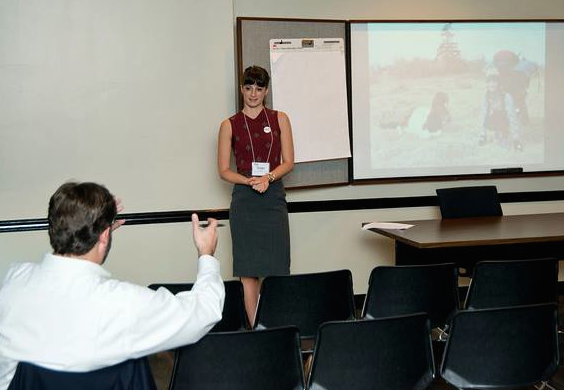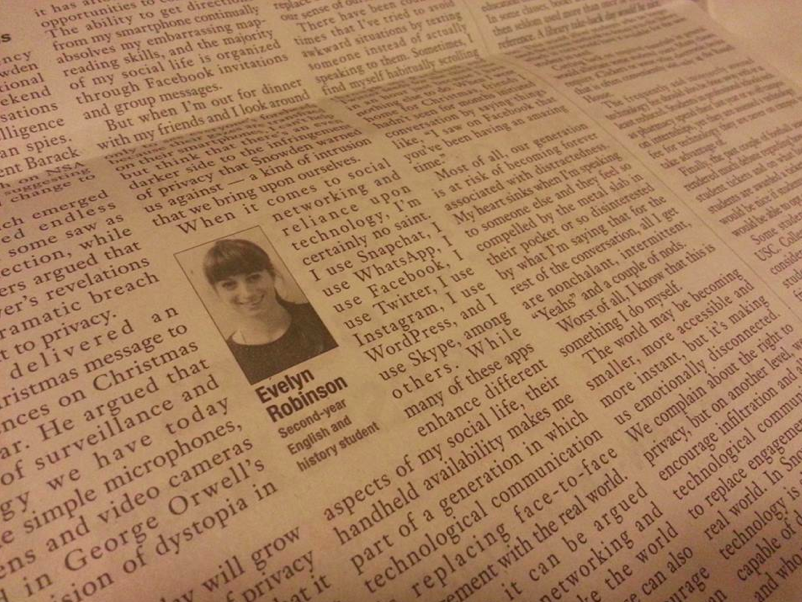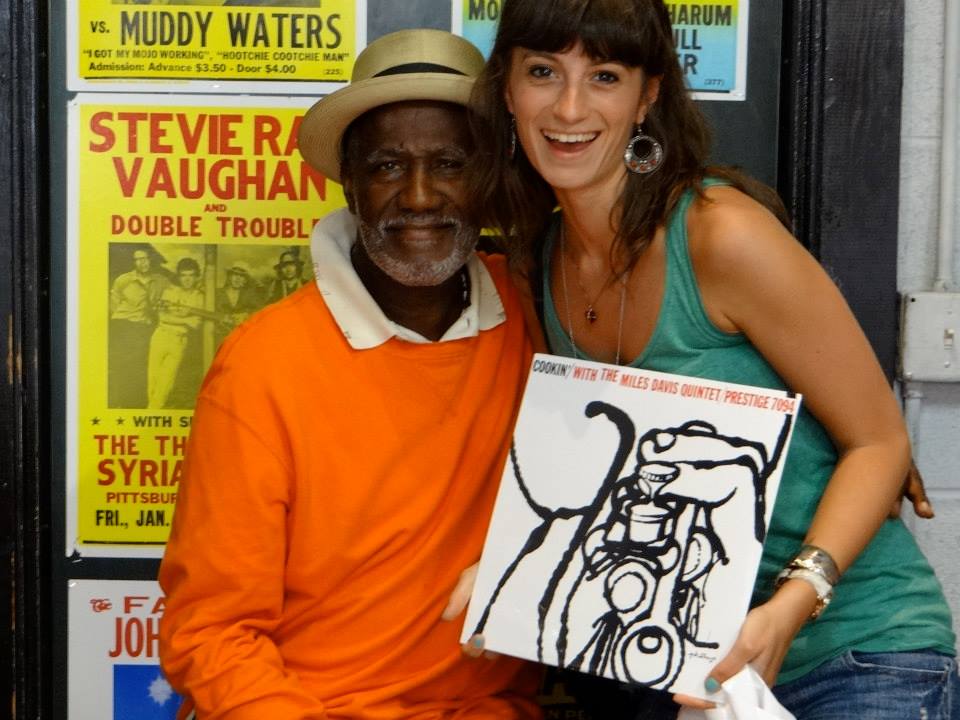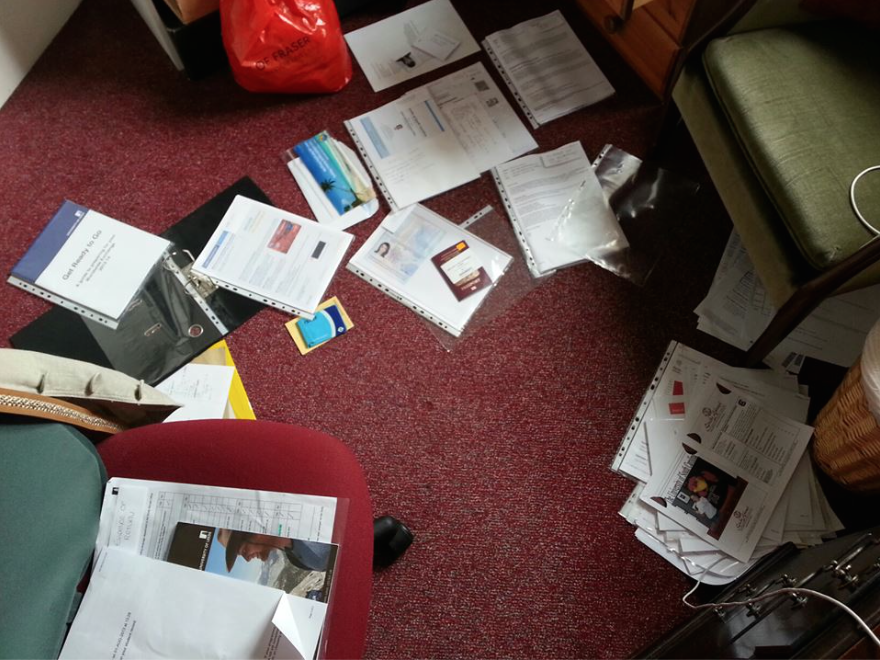I launched puravidastudent in September 2012 and had no idea how to run a blog. Most ‘how-to’ guides were full of technical jargon I didn’t understand, so my publicity plan consisted of nagging my Facebook friends to read my posts every week. Thankfully, over the years I’ve learned more professional tricks of the trade, from where to find likeminded bloggers, brushing up my blog presentation, how to gain followers and improving my writing style. Since my very first trepidatious post, ‘Let the Blogging Commence’, I’ve gained 1,327 followers, over 17,000 hits, have been voted by Cision as the number one student lifestyle blog in the UK and as South Carolina’s best student columnist 2013. Here’s my top 10 (jargon-free) tips for getting a blog up and running:
Pick a specialisation
The first thing to do before setting up a blog is to think about purpose. If you pick a specialisation, like food, travel, fashion or student life, you’re more likely to grab people’s attention. People would rather read well-informed, in-depth information about a specific topic rather than general ramblings about your daily life that reads like a diary entry. It’s all well and good naming your blog ‘Theworldaccordingto[yourname]” but you’re relying on the fact that people will already know you and subscribe to your personality. The second specialisation tip is to think ahead- don’t name your blog ‘AdventuresinThailand’ if you’re only going to Thailand for a month and want to blog for the long-term.

My blog focus is student life (with a trans-Atlantic twist)
Choosing the name
When it comes to blog names, the shorter the better. Try picking something that people will remember off the top of their heads and that will take up less characters in tweets. It’s also great to have an intriguing story behind the name, perhaps inspired by a particular memory, book, holiday or person that will help people to remember your blog.
Décor
If you’re using a blog platform like WordPress or Tumblr, you’ll have endless options to choose from when it comes to blog themes, layouts and backgrounds. Try to optimise your blog brand by choosing a theme that compliments your strengths- if you’re going to set up a photo journal, choose a layout that allows you to post large pictures. If you’re blogging about food, choose a theme that allows you to write recipe lists alongside cooking methods.
Post regularly
Not everything you write will appeal to everyone, so make sure you post regularly enough to draw readers back before they lose interest. Make sure you write at least once a week to keep your site reverberating around the blog-o-sphere.
Tweet, tweet and tweet some more
Twitter is like oxygen for blogs. Once you’ve written a post, tweet about it and tag other likeminded bloggers and blogging websites to help maximise publicity. Here are some great examples of people to link in and interact with:
For general blogging: @WorldOfBloggers, @FemaleBloggerRT, @BritBloggers
For travel writing: @BckpckerDiaries, @VergeMagazine @trekamerica
For study abroad blogs: @TheAbroadGuide, @StudyingAbroad, @GoAbroad
For fashion, beauty and lifestyle: @inthefrow @fashbeautylife @FbloggersUK
Sign up on Bloglovin’
Bloglovin’ is a website that allows bloggers all over the world to connect and share their posts without having to use search engines to find each other. It’s a free and effective way to streamline the expansion of your blogging footprint. Once you’re signed up, you’ll have a profile pretty similar to a Facebook timeline that features all of the posts and blogs you’ve liked, as well as your interests. The great thing is that you can connect with other bloggers by liking other individual posts that come up on your feed, without having to visit their individual sites. 
Publish at the right time of day
It sounds crazy, but the time of day that a blog post goes live really can affect the level of publicity it gains. Let’s say you’re polishing off a blog post at 11 ‘o’clock at night and want to just get it posted. Chances are, you’ll wake up to find it hasn’t generated much activity because it’s at the bottom of people’s news feeds and Twitter streams by the time they wake up the next day. I’ve found that the optimum posting time is first thing in the morning, when people log into social media sites and read updates on the way to work. Think about it- readers are less likely to click on your blog at the end of a busy day when their brains are full of clutter, so make the most of their early-morning clarity. 
Confidence is key: don’t apologise
Many bloggers start their posts with ‘I’m sorry I haven’t blogged in weeks but…’ or ‘Sorry to spam your page but could you take a read…’ This personally puts me off reading a blog, like handing out birthday invitations and saying, ‘I’m sorry, my party is going to be rubbish but do you want to come?’ If you start a blog by apologising that you haven’t blogged for ages, readers will think that your blog is something you tend to before bed every now and then rather than a high-quality, well thought-through website. When generating an audience for your blog, have the confidence to assume that everybody wants to read it- if you’re not confident about your blog, who will be?
Take two days to write, edit & publish
As tempting as it is to publish a blog as soon as you’ve finished it, try sleeping on it and editing your work the next morning. There’ve been countless times that I’ve come back to a blog after a good night’s sleep and spotted tons of errors I wouldn’t have noticed the previous evening. Let’s face it, if you want to build an audience, they’re more likely to come back if the first blog they read is a polished, high-quality piece of writing.
Branch out

The Guardian have featured two of my blogs
Once you’re an established blogger with a loyal group of followers and an impressive category of posts, start to branch out. Whether it’s getting your blog featured on a website, or writing an article or two for another blog or magazine, there are endless ways to get your writing seen. Play to your strengths- if your blog is about student life, contact your university to see if they will post a link to your blog on their website. If your blog is about travelling, get in touch with a travel company before you go away to see if they will publish your travel writing on return. Some great examples that have worked for me are Guardian Students and @VergeMagazine.
Share this:
-
Pinterest
-
Facebook
-
Email
-
Print
-
LinkedIn
-
Tumblr
-
Like this:
Like Loading...
Tags: advice, blog, blogging, career, experience, internet, tips, website, work, writer, writing























